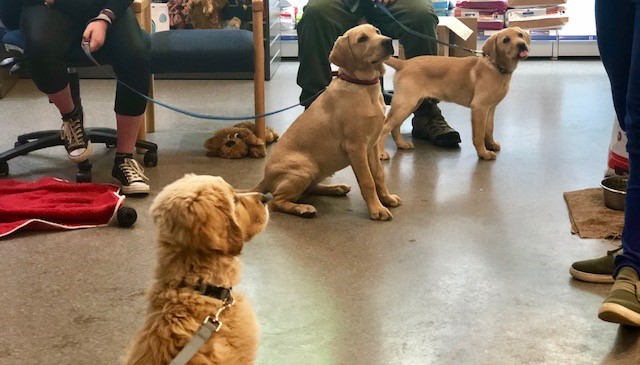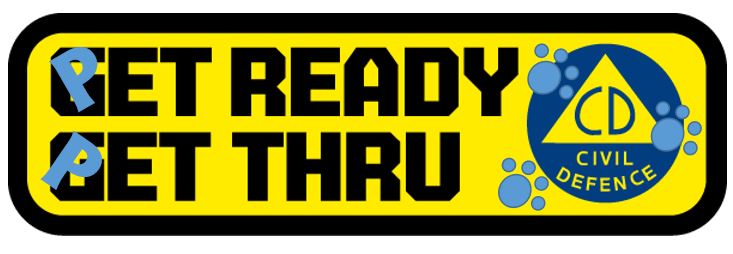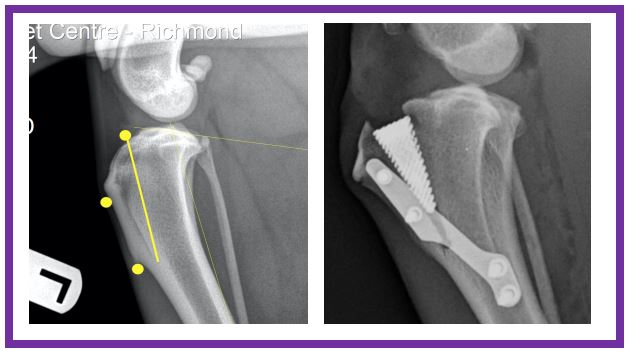Socialisation; why is it crucial for your puppy? Puppies go through the same developmental stages…
Microchipping Your Pet
Microchipping Your Dog, Cat, Horse…..even your Bird!
We all hope our own pets will never stray from home and get lost, or even worse be involved in a road accident. We should never assume this won’t happen to our own pets. Many stray pets never see their owners again and the uncertainty of knowing whether a lost pet is still alive can be difficult to cope with.
Technology in the form of a microchip implant now provides a quick and easy method of identifying your pet. The microchip contains electronic information allowing pet and owner to be quickly reunited in the event of straying.
Any pet animal can be fitted with a chip. The law now requires that puppies first registered after 1st July 2006 must be microchipped with the exception of working dogs.
The chip is smaller than a grain of rice and is easily inserted under your pets skin by an injection. The chip remains in place for life and the pet remains unaware of its presence.
A microchip can be implanted at any time, and we can combine this with their vaccinations. However, we recommend the most convenient time is when the dog is anaesthetised for desexing. While the law states that a microchip must be implanted within two months of registration, your local council may give a time extension to allow the microchipping to take place at the time of desexing, which is often done at 5 – 6 months of age. If you are going to take your puppy out and about and feel your recall is not quite polished enough, do not hesitate to microchip during the last puppy vax!
Once microchipped your pets unique identification number becomes registered on a national database. There are two national databases in operation. One is the National Dog Database, which all microchipped dogs must be registered with. This is the government run database that Tasman District Dog Control Officers have access to. However, vets and the SPCA do not have direct access to this database and in the event of a lost dog being taken to a vet or the SPCA there may be a slight delay in reuniting the pet and owners until Dog Control releases the details. To overcome this delay an optional database run by the New Zealand Companion Animal Society is in operation. This database is for ALL animals, not just dogs. The advantage of this database is that vets and the SPCA have direct access to owner’s details ensuring there is no delay. For your dog or other pet to be registered on this database, there is a small one off fee.
For more information or to book an appointment, please contact us


